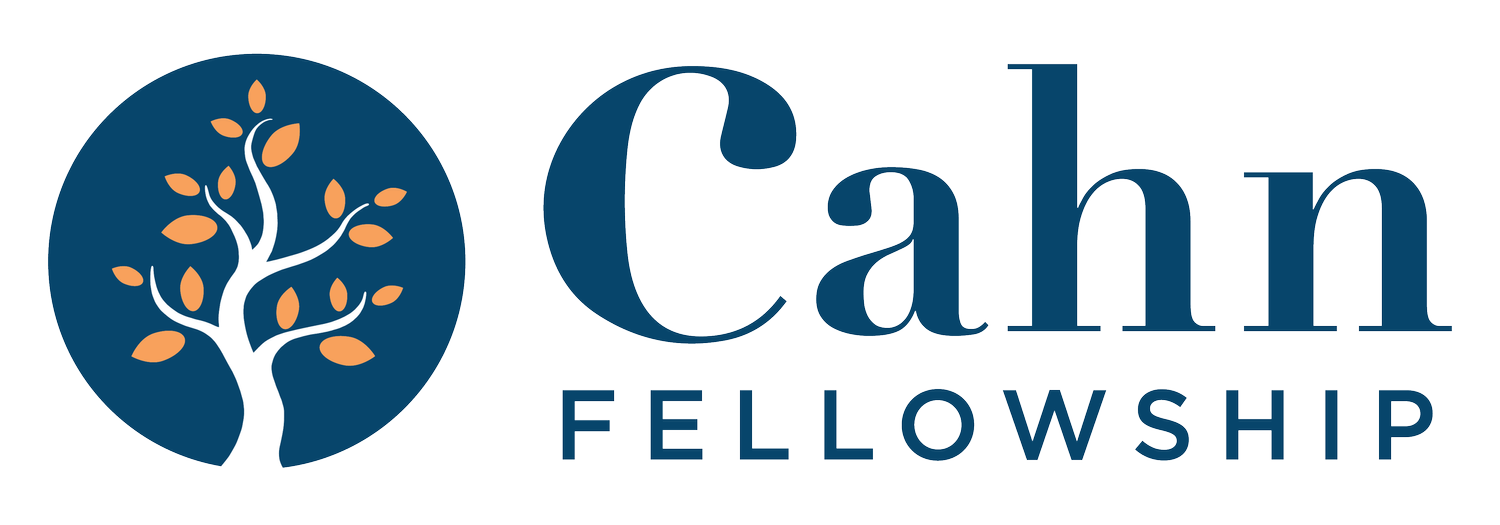Creating a Culture of Continuous Improvement
Thomas Rochowicz • Cahn Fellow 2020
COVID-19 has exacerbated previous gaps in student achievement from our earliest grades to our oldest, and while we have seen some growth in different assessments within each level, we have not accelerated the academic performance of our lowest performing students consistently to achieve proficiency as determined by state tests, NWEA MAP assessments, or student work samples. WHEELS has a strong foundation of distributed leadership; our goal is to build the capacity of all stakeholders to engage in and internalize the inquiry process in service of equity. Teacher leaders facilitate teams with the goal of collective efficacy, which has the greatest effect size on student achievement across John Hattie’s meta-analyses. Through Cahn, we intentionally focused on this dynamic of trusting teams of teachers, led by teacher leaders and with the development and support of school leadership, to learn how their collective actions and inactions impact student achievement. Some key takeaways include how to best utilize data strategically, how to leverage the learning of each team across our school, how to develop a deeper understanding of and engagement with the problem of practice, and how to deepen our commitment to being a more deliberately antiracist school in the years ahead.

